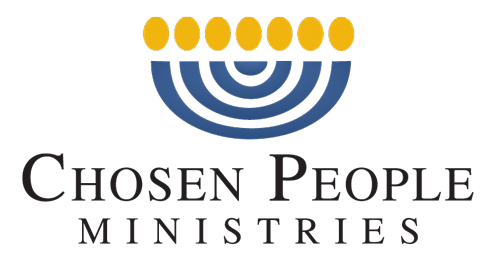In September 2010, over 200 people were packed in a church in mid-town Manhattan to hear two scholars, Dr. Adolfo Roitman and Dr. Richard Averbeck, dialogue on the Book of Isaiah in Jewish and Christian Tradition.
The Dead Sea Scrolls are arguably the most important archeological discoveries in the history of the world, and are definitely the most important discoveries in the world of Biblical studies. The Dead Sea Scrolls affirm the authenticity and accuracy of the Tanakh (Old Testament). Before 1947, the oldest manuscripts that we had of the Tanakh came from a sect called the Masoretes in the Middle Ages. The Masoretes meticulously copied the Hebrew Scriptures and even added the vowel marks that Modern Hebrew uses today. They did this because Hebrew had ceased to be a spoken language and only remained as a religious language.
In 1947, the Dead Sea Scrolls were found in Israel’s desert near the Dead Sea. The Scrolls were produced by a small Jewish sect around 200 B.C.E. and contained many different texts from the Bible and elsewhere. One of the most amazing manuscripts was a seven-meter long scroll of the book of Isaiah. When the Hebrew from this manuscript was compared to the Hebrew from the Masoretes, it was found that they were almost identical. This is important because it demonstrates that the Old Testament that we read today is virtually identical to the Bible that Yeshua (Jesus) read in His day.
A Scholarly Dialogue: The Book of Isaiah in Jewish and Christian Tradition was part of the Isaiah 53 campaign, which was launched this summer in New York City. Dr. Roitman is an Orthodox Jewish man and the curator of the Shrine of the Book at the Israel Museum in Jerusalem; this is where the Dead Sea Scrolls are kept and studied. Dr. Averbeck is a professor of Old Testament and Semitic Languages at Trinity Evangelical Divinity School in Illinois. Having both an unbeliever and a believer speaking at such an event ensured that a wide range of people would attend. After all, it is not often that we get to have a speaker as world-renowned as Dr. Roitman.
The audience was fascinated as Dr. Roitman, in an Argentinean-by-way-of-Israel accent, shared stories of examining and interpreting various scrolls. He then offered a very secular view of the interpretation of the book of Isaiah. He explained that he did not believe in the supernatural influence of the book, and did not accept the prophecies of Isaiah as coming from God.
Dr. Averbeck ably described his views of the book of Isaiah. He does believe in the supernatural inspiration of the book, understanding that prophecies such as the virgin birth, the mention of King Cyrus, and the suffering servant were indeed given by God before the events or people mentioned occurred or lived. He also clearly shared the Gospel in a scholarly way from Isaiah 53.
Although the two scholars disagreed on the interpretation of Isaiah, it was not a debate, and they treated each other’s opinions cordially and with respect. The idea behind this event was that a curious person could come and weigh the ideas espoused by these two learned men. They could ask themselves, “Is what Dr. Roitman or Dr. Averbeck saying true?” The answers to these questions are very important, because the Messiahship of Jesus and salvation are the issues at stake.
The event went remarkably well and was a tremendous outreach. Please pray for the people who attended – that the words of Dr. Averbeck explaining how Isaiah 53 points to Yeshua would ring true in their hearts and lives!

